Geneva: 16th in our ranking

Its international relevance helps to make the name Geneva familiar to everyone. This Swiss city enjoys an enormous relevance among foreign residents, who have come to account for as much as 60% of the population.
In the survey results, Geneva is ranked 16th on the list, but has a presence in the top 10 in a number of categories such as safety, international connections, education and public transport.
Geneva’s importance for Europe, acting as one of the most important UN locations, has led to the city’s high profile. In particular, Geneva devotes much of its efforts to strengthening culture in combination with development as a business city.
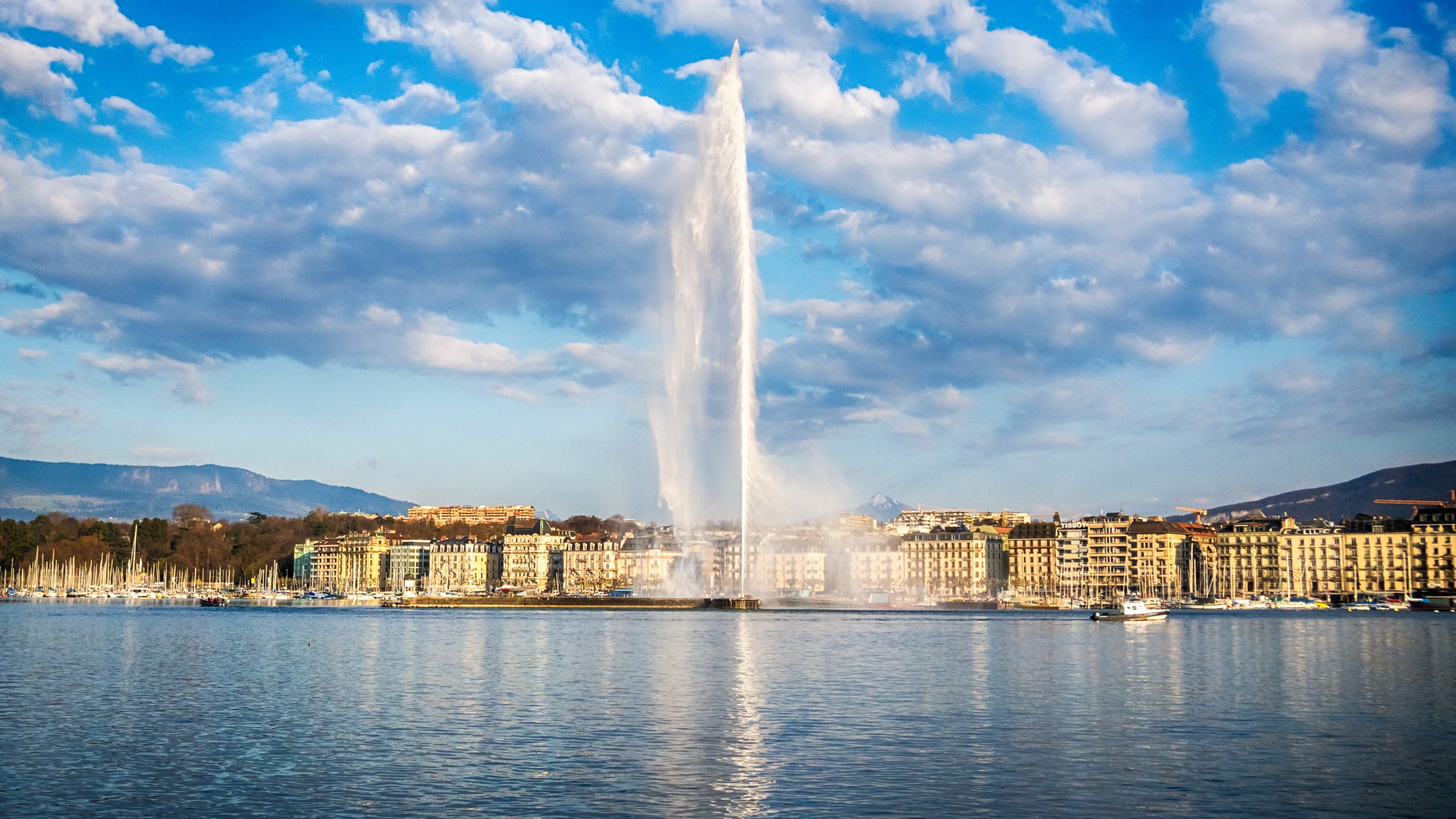
Winter in Geneva is intense, with low temperatures and possible precipitation, as well as snow. However, it is also a season when the region’s scenery is attractive and makes up for the cold weather for residents.
Summers are mild as in other parts of central Europe, with maximum temperatures reaching levels of around 26ºC. The climate is set at a pleasant mid-point that is only affected by the frequent amount of rainfall. This last aspect was the most penalised by respondents.
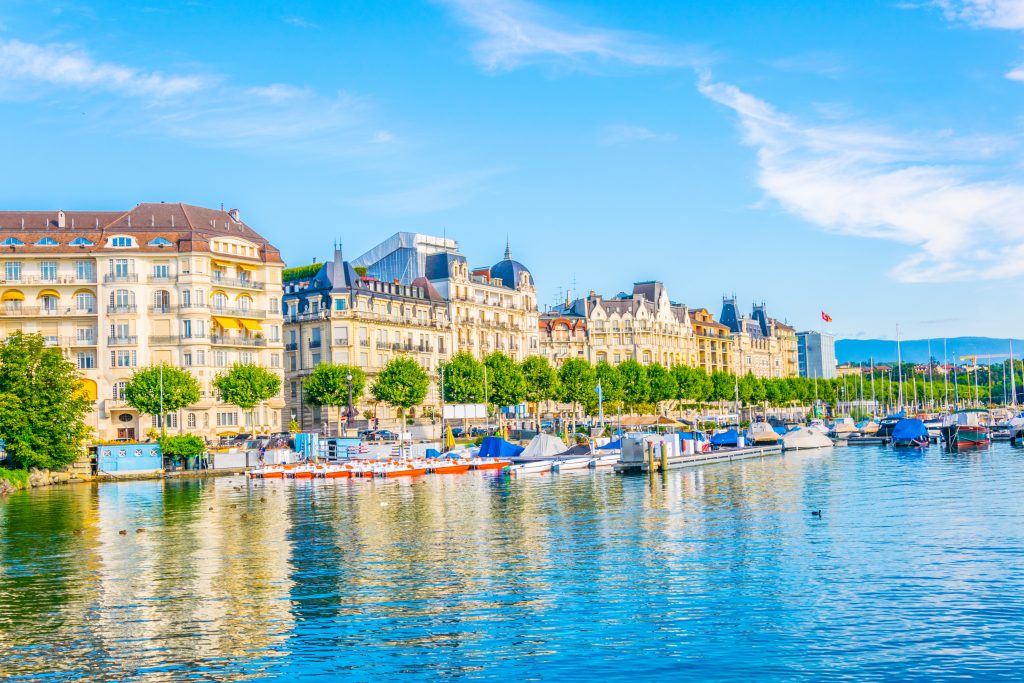
Geneva is ranked tenth in Europe in terms of public transport thanks to its combination of different forms of transport, such as bus, tram, trolleybus and its characteristic boats for crossing between different points.
There is no metro, but the tramway fulfils this function and has very modern lines and trains. However, the main mode of transport is the bus, which has a total of 65 lines covering most of the city.
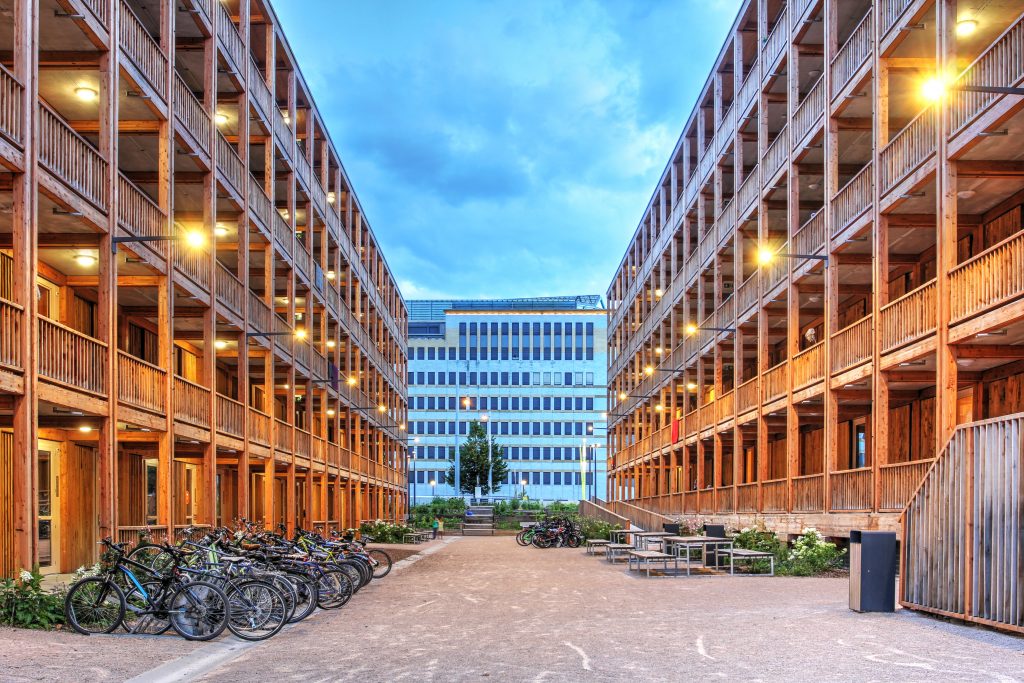
Although students in Geneva can finish compulsory schooling at the age of 15, there is a high rate of young people continuing their studies to university level.
Some of Geneva’s major universities include classical centres such as the University of Geneva, founded in 1559, and the International School of Geneva, which was founded in 1924. Also located in the city is Collège Calvin, which holds the title of being one of the oldest colleges in the world.

One of Geneva’s main assets in terms of gastronomy is that the city holds many secrets for those who live there and continue to discover new dishes as the months go by. Sausages form part of some of the most popular recipes, such as zervelatwurst or papé Vaudois. There are also dishes that appeal to everyone, such as älplermagronen, a Swiss version of macaroni and cheese, and not least the delicious desserts made with Swiss chocolate.
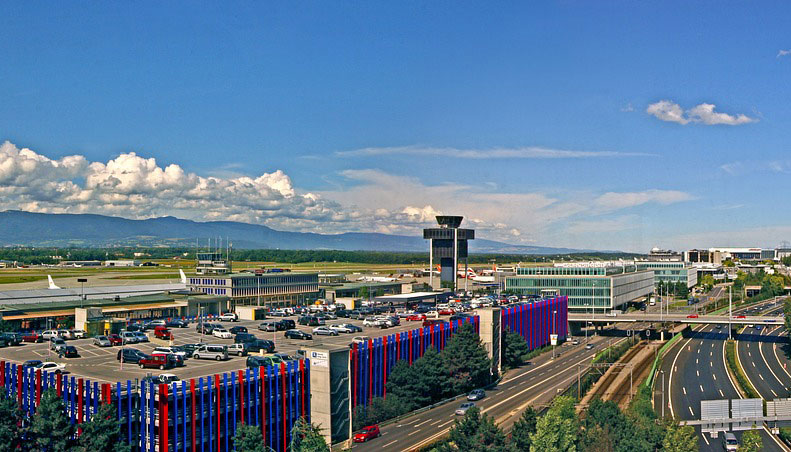
Although it is no longer the seat of the United Nations, a role that Geneva held from 1920 to 1947, it continues to be of great international importance. In addition, the UN uses the Palais des Nations as a venue for its meetings.
One of its great advantages is that the airport, which is known as Cointrin, is only 4km from the city. This makes it one of the preferred locations for airlines to set up bases and create international routes, especially as more than 10-15 million passengers pass through each year. For this reason, it is ranked 6th in the ranking of international connections.
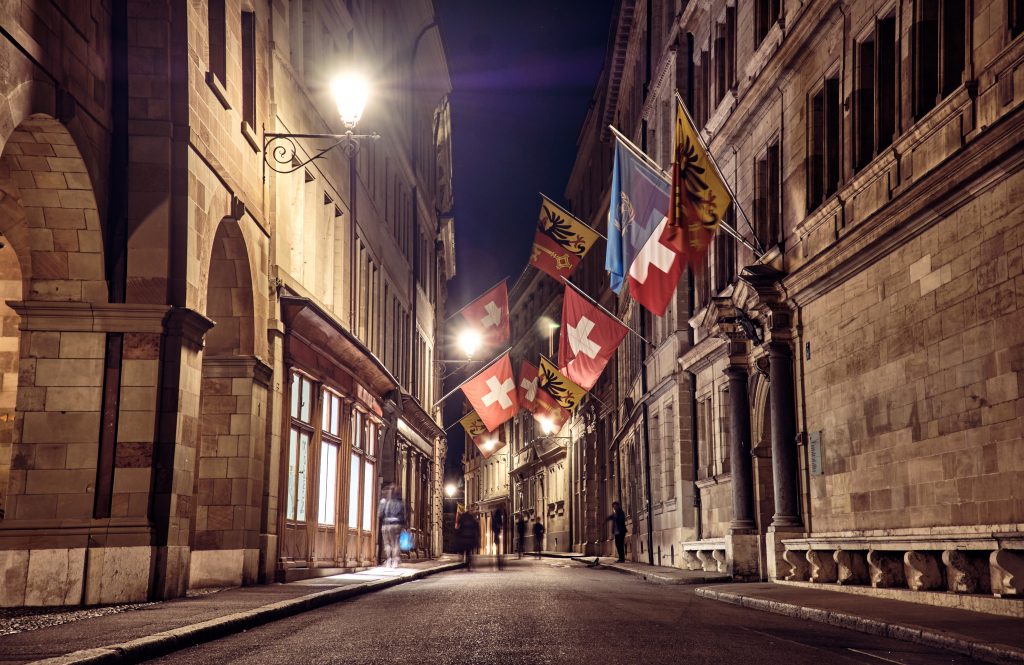
Ranked 6th in the top of the safest cities in Europe by our survey respondents, Geneva is one of the most peaceful places to live. Violent crime is virtually non-existent and has been for years.
There are no neighbourhoods to avoid at night or anything like that, as is the case in other destinations. The most you have to worry about is pickpocketing in tourist areas. But residents who tend to avoid such places will not have much of a problem.
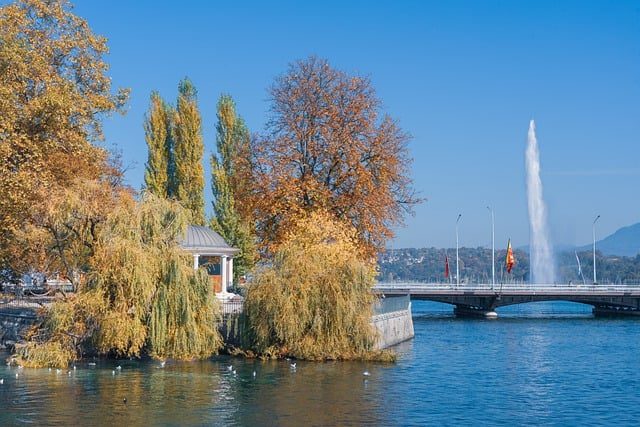
The actions Geneva is taking to be sustainable can be seen on a number of fronts and, taken together, they are trying to make a difference. Although our respondents did not choose the city to be in the top 10, it does have some initiatives that are likely to improve its sustainable image in the future.
Geneva supports sustainable consumption, encourages ideas that help make tourism as green as possible and reduces environmental impact through eco-friendly transport methods, such as promoting cycling.
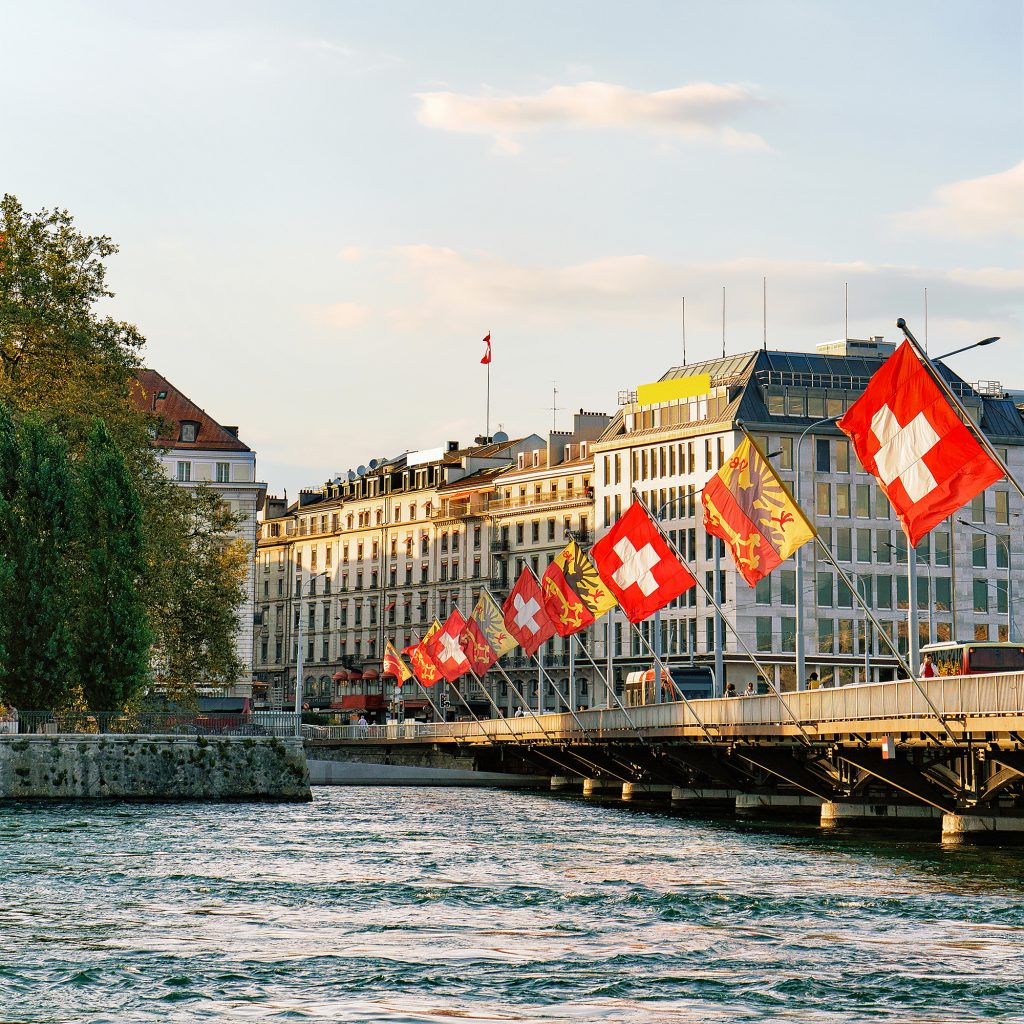
It is important to bear in mind when living in Geneva that prices in the city are very high. Both accommodation and the cost of paying for an international school where children can study are costs that have a high negative impact on the wallet.
The counterpoint to this, at least, is that a lot of attention is paid to quality. For example, food is not cheap, not even vegetables or fruit, but its taste, quality and condition are worth the investment. On the other hand, wages are high.
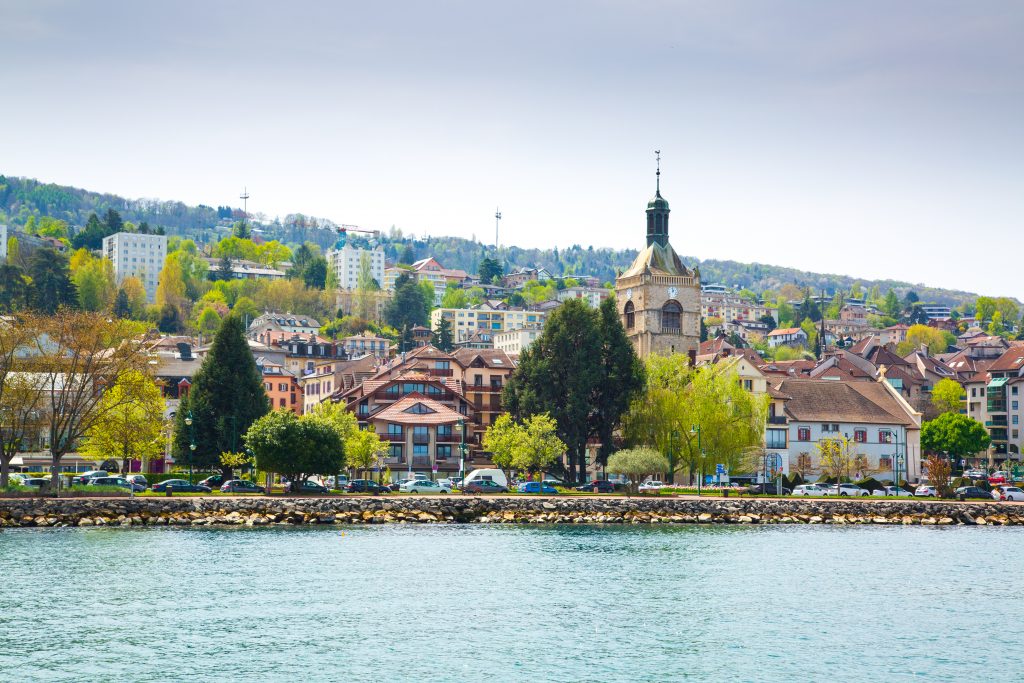
Living in Geneva means having plenty of museums, theatres and opera houses, as well as other interesting places to enrich yourself. Some of its most famous museums include the Geneva Museum of Art and History, the Rath Museum and the Ariana Museum dedicated to ceramics. But there are other places that also add a cultural touch to the city.
The Grand Théâtre de Genève, which opened in 1876, is worth a visit at least once a year. There are a multitude of events and celebrations that invite you to enjoy these cultural venues, so you should never forget them throughout the year.
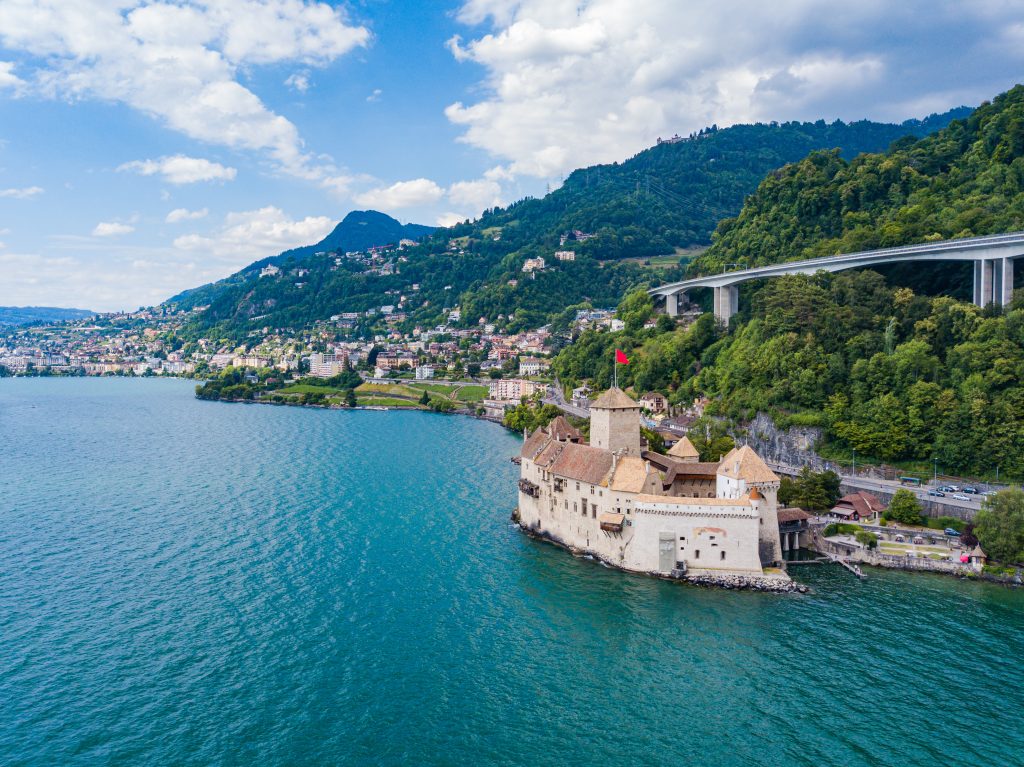
Geneva’s summer festivals symbolise one of the highlights of the year for residents, who take to the streets to enjoy themselves and enjoy fireworks. There are also many music festivals and other permanently available places to spend the weekend, such as the Swiss Vapeur Parc, which is ideal for children.
Many of the activities take place around Lake Geneva, a site of great importance in the region and one of the main meeting points. However, the city’s size is a factor in its leisure offerings and it pales in comparison to other European cities, according to survey responses.
